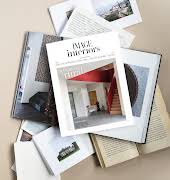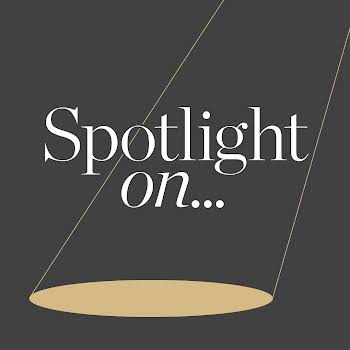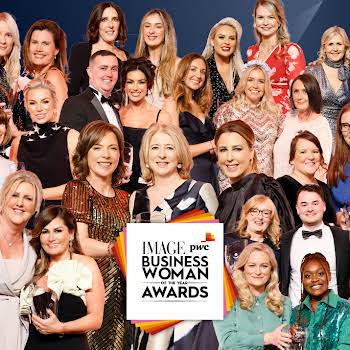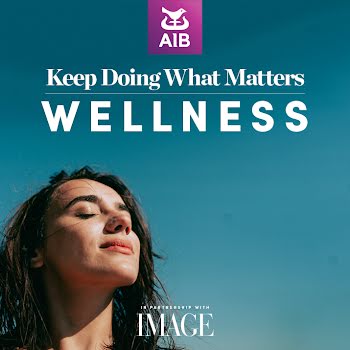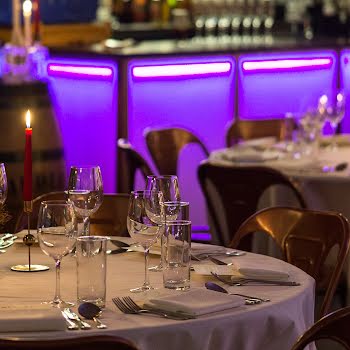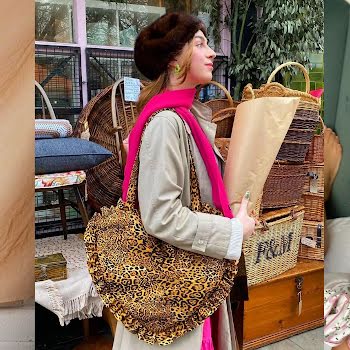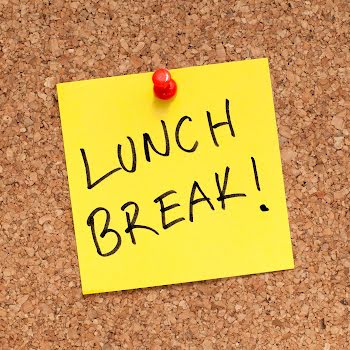
By IMAGE
18th Aug 2021
18th Aug 2021
The term burnout was first coined for people in “high-stress” careers, but author Deirdre Sullivan, who juggles writing with a full-time job, sees this modern malaise now seeping into every industry.
The first time I signed a contract for a book was really special. I read it carefully, and putting pen to paper felt like a milestone. A few weeks ago, I signed a contract for my seventh book, two months after receiving it in the post. My publisher had to email to remind me to send it back to them, which I’ve since done. I had reached a stage where the thought of going to the post office and getting a stamp and sending it – all small, manageable things – had become daunting. Even for something I’m incredibly excited to write. When your name is on the page, it makes everything more real. You have to make your work adhere to someone else’s schedule. And it is exciting, and I am incredibly fortunate. I’m also, frankly, exhausted.
It has been a busy year.
More accurately, it has been nine. Nine years since my first novel, Prim Improper, was published. During that time, I have written eight books and published six, ghostwritten three short books in The Nightmare Club series for Little Island, had my first play, Wake, staged by No Ropes Theatre Company, and had short fiction and poetry published in literary journals like Banshee, The Dublin Review and Mslexia. For the past seven years, I have also been working full-time as a special education teacher, occasionally as acting deputy principal, and for one of those years, I went back to college.
People sometimes ask me how I do it. And the short answer is because I have to. Something inside me has always driven me to write. I find it therapeutic. I’ve always explained the world to myself through story, and if I’m not making something new, it eats at me a little. When I watch a film or attend a talk, I generally bring my knitting with me. I have this urge to always be making, doing. Sometimes, I give people my stock response: “No kids”. And there’s a truth to that. I do worry if, and when, I have a baby, that the luxury of time for my writing will disappear. And that I’ll have to give up the part of it that involves sharing my work with other people. I can carve the space at the moment because if I need to get up at 6am for a month to edit to a deadline, it’s doable. My husband can drop a quiet cup of coffee on the table and let me at it. And I’m very aware that, at some point, the small gaps I’ve carved will shrink.
The term burnout was first coined in the 1970s by psychologist Herbert Freudenberger, for people with “high-stress” careers.
But it seems that, increasingly, all careers are high-stress, and people need to take on more responsibility outside of their working hours. The extra mile has become the norm, which has a knock-on effect. The level of emotional and administrative engagement I have with my current job (which I adore, and does give me the school holidays to write in) has certainly increased over the years. I find myself staying longer in the classroom, planning, cleaning, organising and going over assessments. Making nice activities for the next day. And I always leave, two, three, four (and in the event of a Board of Management meeting, sometimes eight) hours after the children have, with the feeling that there’s more I could have done. If I had the energy.
Anne Helen Petersen in her BuzzFeed article “How Millennials Became the Burnout Generation” addresses the fact that Millennials have been impacted by a changing attitude to parenting, coming of age with more vigilant parents, and therefore more pressure and less freedom than previous generations, into a world where they are less likely to achieve the financial and employment stability that was once in reach. The increased supervision extends to adulthood, where the ubiquity of smartphones and the assumption that you’re always accessible can be a double-edged sword. Increasingly, I find myself feeling that I’m never off. I’m either working or thinking of the work that’s to be done, and feeling paralysed. And I am not alone.
I’m privileged in a way that many others are not, so it feels selfish to complain about how tired I am, how my eczema flares up, the weight I gain because I’m eating my way through deadlines. The expensive night guards my teeth have ground their way through while I’m sleeping. How long it’s been since I had a free weekend to visit my parents, where I didn’t have to make space to edit something. Where I could have a cup of tea at my Nana’s without an eye on the clock.
I choose to do both jobs, but I feel there’s a misconception about juggling that some people are better at it than others, and it’s seen as who they are; that raising three children under three and working full-time; working and being a carer; working and battling health worries; working, working, working, is just what they do. People don’t work that hard because they’re more capable, or special. They have to. All around me, there are tired women replying to emails at ten o’clock at night, even though they promised themselves they wouldn’t.
You have to ruthlessly protect your time.
“My generation were raised to prioritise other people’s time over our own, and I’ve learned you have to ruthlessly protect your time, and give yourself the space you need in order to finish your creative projects,” says children’s writer Celine Kiernan, who also works as a butcher.
The “pram in the hall”
Much has been made about the “pram in the hall”, and balancing parenthood and writing is still a question more often directed at female writers. But even for those of us who aren’t parents, the expectation that women take on the lion’s share of domestic labour is ingrained in us since childhood. Even when you see it clearly, it’s hard to shake. I notice in my own relationship that I feel a messy house reflects on me more, and when I let that side of things slide to focus on writing, I feel a sense of shame in a way my husband doesn’t. Letting housework slide is one of the ways I carve time when I have none. Getting up an hour earlier is another, but it’s not sustainable. I reward myself with food as though I were a dog. I don’t go home. I don’t visit family or friends as often as I should. And I forgive myself for it, though never fully. Guilt is always there. Humming a song about how crap I am. Something in Kiernan’s use of the word “ruthlessly” does hint at the difficulty of having to advocate for yourself. Of saying no when you’re raised to say yes. It can feel like you are letting people down, being difficult. And there is the fear that you’ll not be asked again. That the lack of co-operation will mean opportunities to promote your work, and share it, dry up.
I write a particular type of thing. My voice is both angry and flowery. It’s not for everyone, and I need to edit keenly and thoroughly to rein myself in at times. A wise woman once said to me, “There’s nothing wrong with just being good enough”. In Siobhán Murray’s book, The Burnout Solution, she suggests aiming to get things 80 rather than 100% right. She looks at the importance of valuing yourself for who you are, not for what you’ve achieved.
The dangers of your creative outlet becoming a job
Claire Hennessy, a fellow YA writer who co-runs the literary journal Banshee and the Big Smoke Writing Factory and reviews teen fiction for The Irish Times, warns of the dangers of your creative outlet becoming a job and how it can turn “a love-thing into a work-thing” and highlights the importance of carving something for yourself: “It’s important to keep a corner of your creativity for stuff that’s just yours, even if it’s journalling or knitting or something that isn’t always read by the world as meaningfully creative.”
The pressure of something you love to do and are good at having suddenly to become something that supports you financially is severe. Sarah Davis-Goff co-runs Tramp Press, a publishing house she co-founded with Lisa Coen. She’s also a writer, and her debut novel was released earlier this year. “My intense workload really came to a head over the last year or so. My search history from the last few months tells me a lot: ‘Why am I always tired?’ ‘Symptoms of iron deficiency’ ‘Symptoms of stress’ ‘What is burnout?’ It’s hard to find the space to enjoy life when it’s being devoured by the work you have to do, or money you have to earn, or a to do list, or sheer thoughtless ambition.” She recommends prioritising self-care, ignoring emails “it serves no purpose to answer”, letting things go, and planning periods of time where you can recharge.
Things aren’t always this relentless.
Deadlines come and go, and there are little swathes of time where it lets up. I try to use these to reset. To start practising yoga again, going for walks, cooking, learning to knit socks, catching up with friends and family, hanging out with dogs and my brother-in-law’s goat, Eugene. And most importantly, posting a contract to some very patient people who are giving me the chance to do what I love most, even when I’m tired and it hurts. And once I’ve moved a step or two away, I can look on the bright side again. At how intense busyness has given me the skill of time-management. Of listening to my body and my brain. Of stepping back a bit. Of saying no.
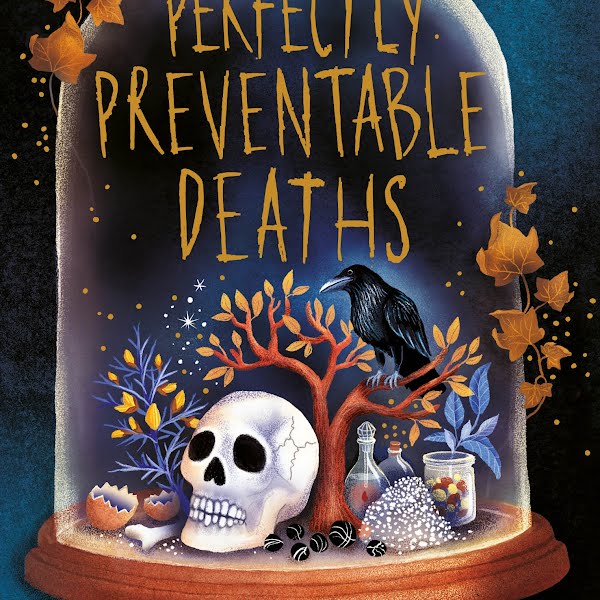

Deirdre Sullivan is a writer from Galway. Her book, Primperfect, was the first YA novel to be shortlisted for the European Prize for Literature; her 2016 novel Needlework was awarded the CBI Honour Award for Fiction, and Tangleweed and Brine won an Irish Book Award for Best Young Adult Book of the Year 2017.
Deirdre Sullivan’s novel, Perfectly Preventable Deaths (Hot Key Books, approx €10, above), is out now.
Main photograph by Carl Heyerdahl/Unsplash. This article originally appeared in August 2019.








